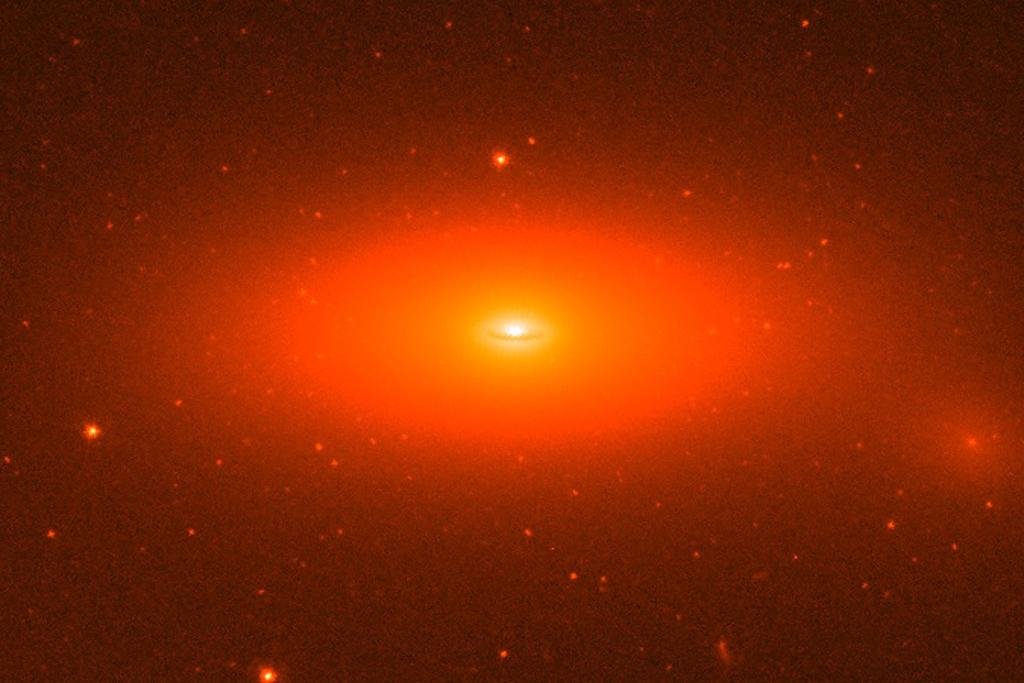Black hole that dominates its galaxy is the biggest ever seen
Astronomers spotted a black hole that dominates its own galaxy and is the largest ever seen.
A black hole that dominates its own galaxy is the largest ever recorded by astronomers.
Astronomers at the Max Planck Astronomy Institute in Heidelberg, Germany found a black hole in the galaxy NGC 1277 that consumes more space than any previously seen.
Indeed, the super massive black hole takes up 59 percent of the galaxy and has the mass equivalent of 17 billions suns.
That is more than five times the previous record-holder, which took up only 11 percent.
The hole is said to be 11 times wider than Neptune's orbit around the Sun, said AFP.
Typically, black holes only make up about 0.1 percent of a galaxy making the finding remarkable.
"This is a really oddball galaxy," said study co-author Karl Gebhardt of the University of Texas at Austin, reported Space.com.
"It's almost all black hole. This could be the first object in a new class of galaxy-black hole systems."
The researchers used a computer modeling system called Schwarzschild models to determine the black hole's mass, said Discovery News.
They tried numerous possibilities and concluded that it was the largest black hole ever seen.
The new finding complicates the previous theory that galaxies and black holes grow together over time.
The finding was published in a letter in Nature.
The story you just read is accessible and free to all because thousands of listeners and readers contribute to our nonprofit newsroom. We go deep to bring you the human-centered international reporting that you know you can trust. To do this work and to do it well, we rely on the support of our listeners. If you appreciated our coverage this year, if there was a story that made you pause or a song that moved you, would you consider making a gift to sustain our work through 2024 and beyond?
